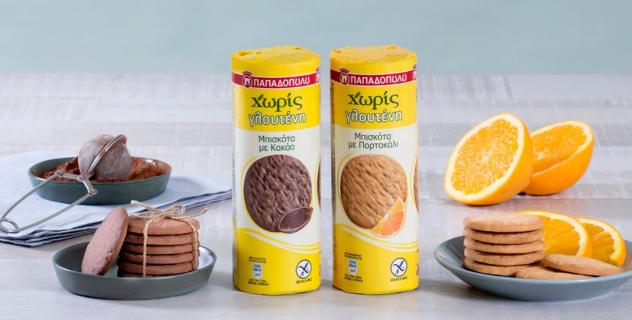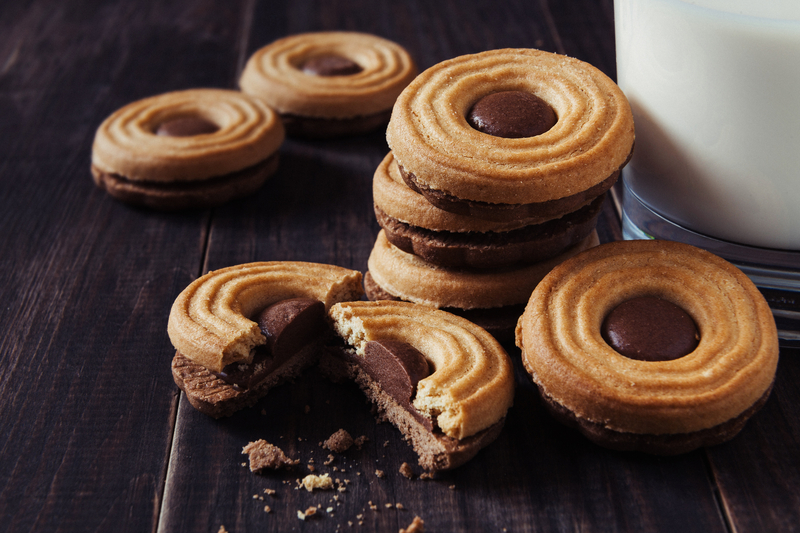We are looking for petit beurre plain biscuit tests
Good afternoon.
We are looking for petit beurre plain biscuit tests.
We face some issues with the process, and I would like to share the recipe with you for any notes.
Knowing that the fat level is high to get softer bite for the biscuit
Wheat flour 100 kg
Shortening 20 kg
Sugar 27 kg
Water 22 kg
Invert sugar 10 kg
Corn starch 2 kg
Skimmed Milk powder 3 kg
Ammonium bicarbonate 1900 grams
Sodium bicarbonate 1200 grams
Sodium metabisulfite 50 grams
Lecithin 400 grams
Salt 800 grams
So, is the recipe balanced as we face many issues like hard bite even the fat is so much, sometimes the biscuit don't raise well even the leavening agents is high.


Discover how indigenous sorghum is reshaping biscuit innovation by offering a nutritious, gluten-free alternative to wheat flour.

As AI enters the biscuit industry, automating recipe development and roller design, Errebi Technology Spa reflects on the balance between innovation a...

E.J. Papadopoulos's gluten-free biscuits with orange and cocoa embody the fusion of sumptuous flavour and health-conscious ingredients.

Consolidated Biscuit's Morning Coffee Biscuits offer a unique and delightful way to enhance your morning routine

The next trend we have identified looks at finding that health-halo effect in your products, the correct balance between health and indulgence.











The score is based on the number of created courses at BPA (150 points per course), the number of the lectures given at BPC (100 points per lecture), published articles (20 points for every approved article in Our Experts category ), number of resolved questions (10 points for every resolved question) and the number of asked questions (5 points for every asked question). The list is showing only top 10 biscuit industry experts.


